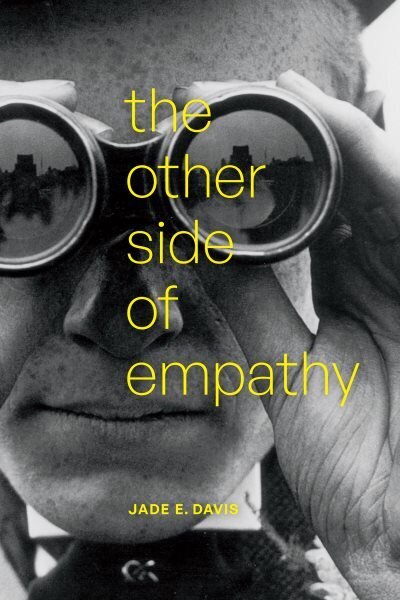"The Other Side of Empathy argues that empathy itself is a culturally created and maintained affective ideology deployed to make sense of a world that has been irrevocably distorted by colonization and technology. Understanding empathy culture, and empathy as an ideology allows for an exploration of its arbitrariness, cultural contradictions, and limits. An analysis of "human zoos," as presented in colonial photography and in their digital afterlife, illustrates how ingrained proper empathetic responses are built into culture. Emerging technologies, such as Artificial Intelligence and Virtual Reality, ensure that colonial dynamics are maintained into the future despite information that allows other ways of understanding the past. The Other Side of Empathy attempts to illustrate how we can dismantle empathy to allow for more nuanced and complete understandings of the colonial past and its impact on the world today"--
Jade E. Davis contests the value of empathy as an affective or critical tool, proposing mutual recognition as a way to create a more meaningful affective engagement with the world.
In The Other Side of Empathy, Jade E. Davis contests the value of empathy as an affective or critical tool. Whether focusing on technology, colonialism, or racism, she shows how empathy can obscure relationships of dominance, control, submission, and victimization, arguing that these histories taint the whole concept of empathy. Drawing on digital archives of photographs, memoirs, newspapers, interviews, and advertisements regarding nineteenth-century ethnographic museums and human zoos, Davis shows how empathetic responses erase culpabilities from those institutions that commodify difference. She also contends that empathy’s mediation through digital technology cannot lead to more ethical actions, as technology only connects representations of people rather than the people themselves. In empathy’s place, Davis proposes mutual recognition as a way to see and experience others beyond colonial modes of empathy. Davis illustrates that moving beyond empathy allows for a more nuanced understanding of the colonial past and its ongoing impact while providing for a more meaningful affective engagement with the world.
